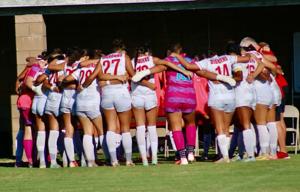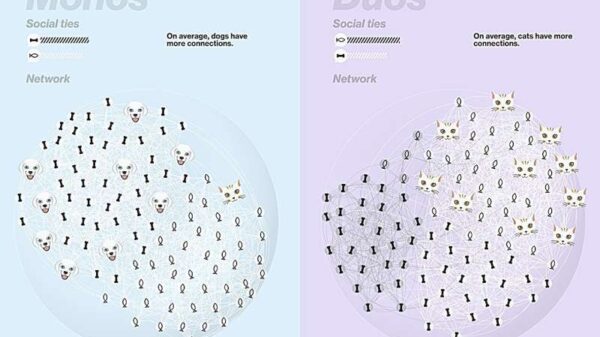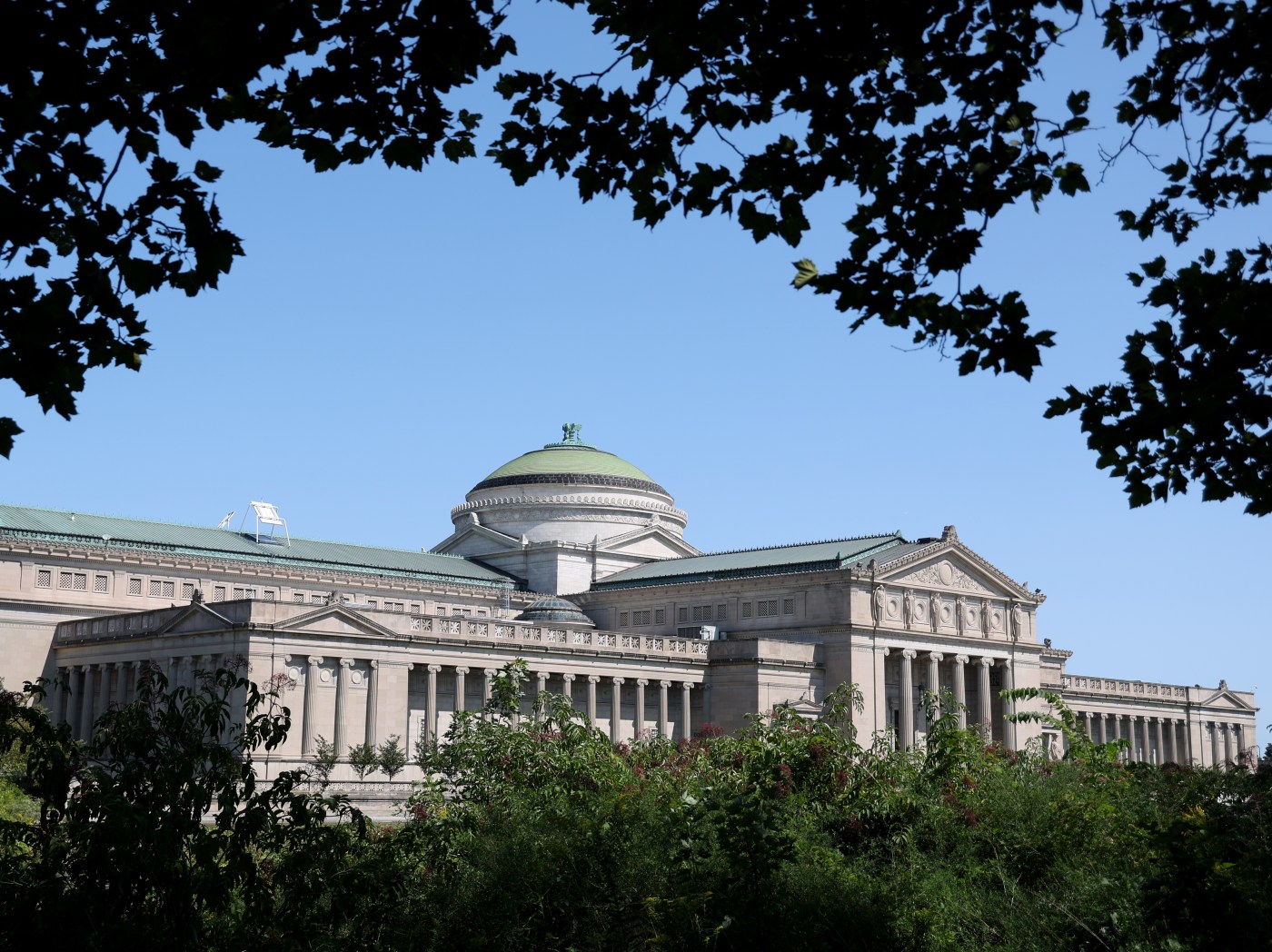BREAKING: Workers at the Museum of Science and Industry in Chicago have voted overwhelmingly to authorize a strike, with 90% of participating union members supporting the decision. This urgent move comes after ongoing frustrations regarding stagnant wages, with the last pay increase occurring in 2022.
At a news conference held just this morning, union representatives expressed their determination, stating that the museum’s management has failed to address critical pay and benefits issues. Most museum staff currently earn between $16.60—the city’s minimum wage—and $20 per hour, which many describe as “poverty wages.”
With 95% of the union’s 108 members casting their votes, the newly authorized strike gives a six-member committee the power to initiate a walkout at any time. This potential strike could disrupt operations at the museum, which remains open daily except on major holidays like Thanksgiving and Christmas.
“We have been at the bargaining table for two years without meaningful change,” said Anders Lindall, director of public affairs for AFSCME Council 31, the union representing the workers. “The workers have spoken loud and clear.” A critical negotiation meeting with museum management is scheduled for October 6, where the union aims to push for better wages and benefits.
The workers are not just fighting for pay increases; they are also demanding enhanced parental leave policies, with proposals for eight weeks of paid parental leave, improved vacation, and sick day policies. Currently, workers receive only about seven sick days per year, and part-time employees accrue minimal sick time, just one hour for every 35 hours worked.
“Many workers face the dilemma of coming in sick or risking disciplinary action,” warned Colin Thesis, chief negotiator for AFSCME Council 31. The urgency of these negotiations is underscored by the reality that part-time employees currently do not receive holiday pay, which the union continues to advocate for.
Emotional testimonies from workers showcase the dire situation. Josh Garcia, a guest engagement representative, shared, “If working here is a dream, what we’re paid is a nightmare.” He described how he has had to move in with family to make ends meet, revealing the sacrifices many workers endure.
Another bargaining committee member, David Dowd, echoed this sentiment, stating, “We work here because we love the museum, but it’s not sustainable.” Dowd, who earns $19 an hour, has also taken on additional jobs to support himself.
The urgency of the situation is heightened by comparisons with other cultural institutions in Chicago. Unlike the Museum of Science and Industry, both the Art Institute and the Field Museum have already implemented significant wage increases and improvements in worker benefits. For instance, new contracts at these institutions have raised wages by up to 17% and improved compensation for bilingual staff.
As negotiations loom, the situation remains fluid, and the potential for a strike hangs in the balance. The union’s commitment to fight for better working conditions is clear, and the outcome of the upcoming meeting on October 6 will be crucial.
Stay tuned for updates as this developing story unfolds. The workers at the Museum of Science and Industry are determined to advocate for their rights, and their actions could have significant implications for labor relations in Chicago’s cultural sector.



































































